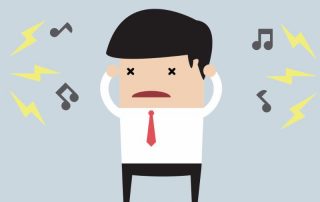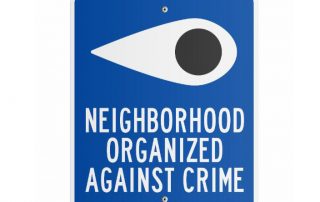Boom! How Recent Georgia Fireworks Laws Might Affect Your Community Association
The night sky may have looked a little brighter over the past year thanks to legislation that now allows for fireworks sales in the state of Georgia. The new law, which went into effect in 2015, not only legalized the sale, purchase and possession of fireworks, it also allowed for their use until midnight on most days during the year, and until two a.m. on certain holidays, such as the Fourth of July and New Year's.










